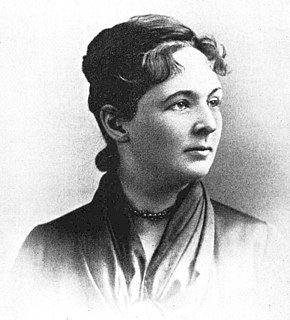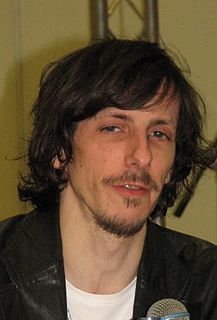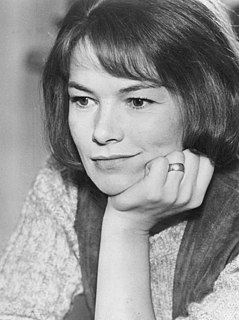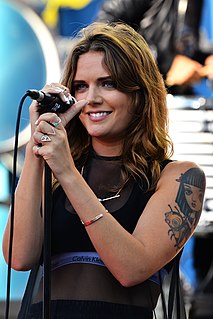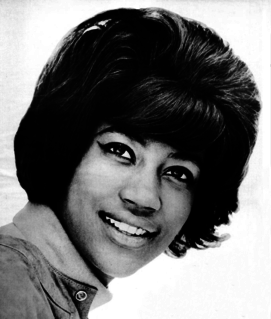A Quote by Cynthia Ozick
I was so mad at my agent. I had polished and polished and polished [the play], and he referred to it as a draft. I wrote him a bitter letter: How can you call this a draft? I don't do drafts! By now I've done 18, and its turning, in the rehearsal room, into a 19th.
Related Quotes
I remember Emilio [Estevez] and I were at John's house during the rehearsal process. And John [Huges] had mentioned he wrote the first draft of Breakfast Club in a weekend. And we both at the same time went, "First draft? How many do you have?" And John said he's got four other drafts. And we go, "Can we read them?" And for the next three hours, Emilio and I read those other four drafts.
Exactness is first obtained, and afterwards elegance. But diction, merely vocal, is always in its childhood. As no man leaves his eloquence behind him, the new generations have all to learn. There may possibly be books without a polished language, but there can be no polished language without books.
I am a technophile, so there is no such thing as a first draft. The first draft plunges on, and about a quarter of the way through it I realise I'm doing things wrong, so I start rewriting it. What you call the first draft becomes rather like a caterpillar; it is progressing fairly slowly, but there is movement up and down its whole length, the whole story is being changed. I call this draft zero, telling myself how the story is supposed to go.
I taught everyone a very bad lesson at my publisher because they actually gave me deadlines this time and I'm now meeting them. I used to say, "Here's my book; it's six years late." I'm so much faster now, and work differently. With all the years of writing, I think I still draft as obsessively, but I think back to writing. On your first story, you start at draft one. On your second story, you start at draft ten. On your third story, you start at draft one hundred. If you need a hundred and eight drafts, you may write eight instead of a hundred and eight.



